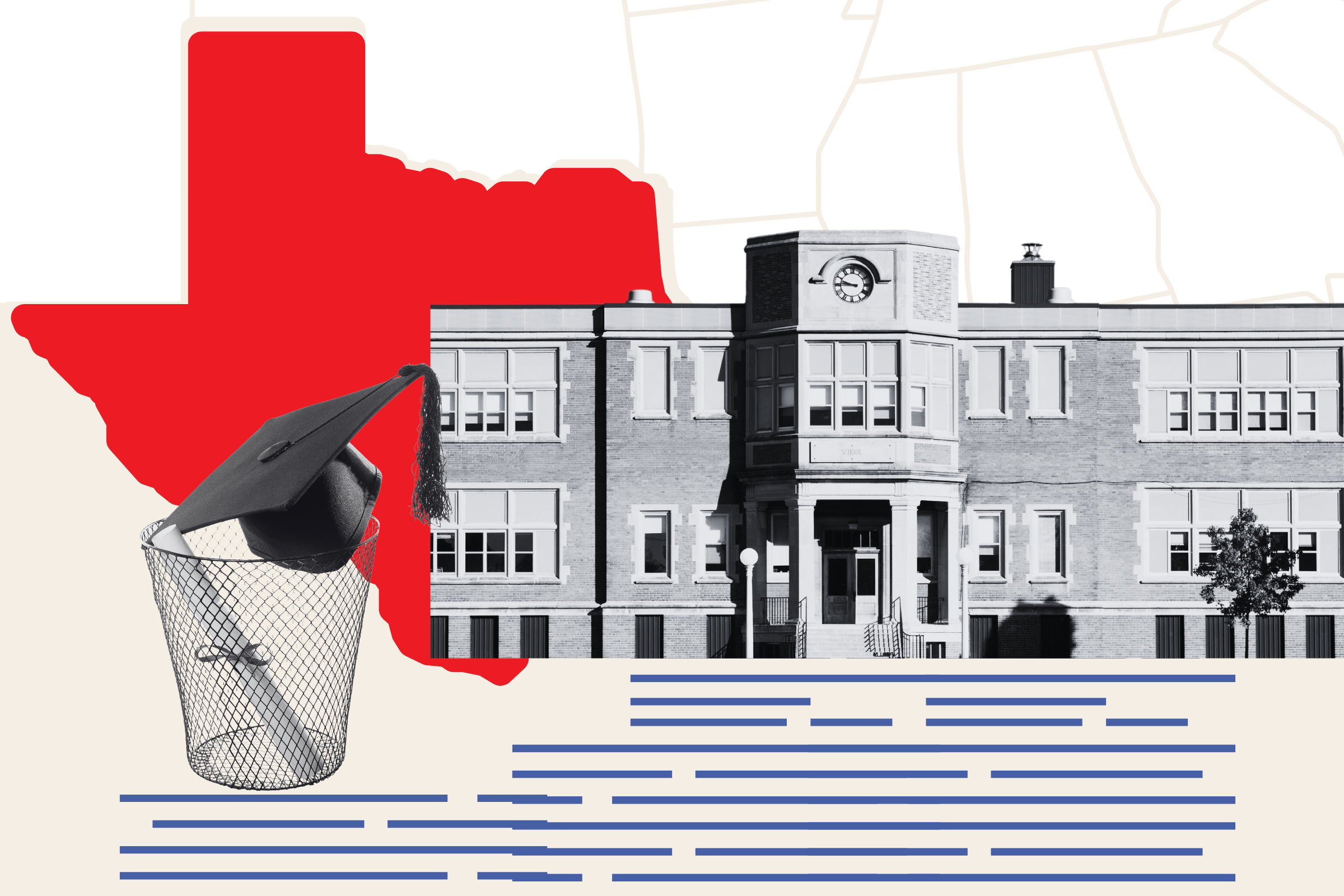Shortened attention span. Less interest in reflection and introspection. Inability to engage in in-depth thought. Fragmented, distracted thinking.
The ways the Internet supposedly affects thought are as apocalyptic as they are speculative, since all the above are supported by anecdote, not empirical data. So it is refreshing to hear how 109 philosophers, neurobiologists, and other scholars answered, "How is the Internet changing the way you think?" That is the "annual question" at the online salon edge.org, where every year science impresario, author, and literary agent John Brockman poses a puzzler for his flock of scientists and other thinkers.
Although a number of contributors drivel on about, say, how much time they waste on e-mail, the most striking thing about the 50-plus answers is that scholars who study the mind and the brain, and who therefore seem best equipped to figure out how the Internet alters thought, shoot down the very idea. "The Internet hasn't changed the way we think," argues neuroscientist Joshua Greene of Harvard. It "has provided us with unprecedented access to information, but it hasn't changed what [our brains] do with it." Cognitive psychologist Steven Pinker of Harvard is also skeptical. "Electronic media aren't going to revamp the brain's mechanisms of information processing," he writes. "Texters, surfers, and twitterers" have not trained their brains "to process multiple streams of novel information in parallel," as is commonly asserted but refuted by research, and claims to the contrary "are propelled by ... the pressure on pundits to announce that this or that 'changes everything.' "
And yet. Many scholars do believe the Internet alters thinking, and offer provocative examples of how—many of them surprisingly dystopian. Communications scholar Howard Rheingold believes the Internet fosters "shallowness, credulity, distraction," with the result that our minds struggle "to discipline and deploy attention in an always-on milieu." (Though having to make a decision every time a link appears—to click or not to click?—may train the mind's decision-making networks.) The Internet is also causing the "disappearance of retrospection and reminiscence," argues Evgeny Morozov, an expert on the Internet and politics. "Our lives are increasingly lived in the present, completely detached even from the most recent of the pasts ... Our ability to look back and engage with the past is one unfortunate victim." Cue the Santayana quote.
These changes in what people think are accompanied by true changes in the process of thinking—little of it beneficial. The ubiquity of information makes us "less likely to pursue new lines of thought before turning to the Internet," writes psychologist Mihaly Csikszentmihalyi of Claremont Graduate University. "Result: less sustained thought?" And since online information "is often decontextualized," he adds, it "satisfies immediate needs at the expense of deeper understanding (result: more superficial thought?)." Because facts are a click away, writes physicist Haim Harari, "the Internet allows us to know fewer facts ... reducing their importance as a component" of thought. That increases the importance of other components, he says, such as correlating facts, "distinguishing between important and secondary matters, knowing when to prefer pure logic and when to let common sense dominate." By flooding us with information, the Internet also "causes more confidence and illusions of knowledge" (Nassim Taleb of MIT, author of The Black Swan), but makes our knowledge seem "more fragile," since "for every accepted piece of knowledge I find, there is within easy reach someone who challenges the fact" (Kevin Kelly, cofounder of Wired).
Even more intriguing are the (few) positive changes in thinking the Internet has caused. The hyperlinked Web helps us establish "connections between ideas, facts, etc.," suggests Csikszentmihalyi. "Result: more integrated thought?" For Kelly, the uncertainty resulting from the ubiquity of facts and "antifacts" fosters "a kind of liquidity" in thinking, making it "more active, less contemplative." Science historian George Dyson believes the Internet's flood of information has altered the process of creativity: what once required "collecting all available fragments of information to assemble a framework of knowledge" now requires "removing or ignoring unnecessary information to reveal the shape of knowledge hidden within." Creativity by destruction rather than assembly.
Sharon Begley is NEWSWEEK's science editor and author of The Plastic Mind: New Science Reveals Our Extraordinary Potential to Transform Ourselves andTrain Your Mind, Change Your Brain: How a New Science Reveals Our Extraordinary Potential to Transform Ourselves.
Uncommon Knowledge
Newsweek is committed to challenging conventional wisdom and finding connections in the search for common ground.
Newsweek is committed to challenging conventional wisdom and finding connections in the search for common ground.
About the writer
To read how Newsweek uses AI as a newsroom tool, Click here.








